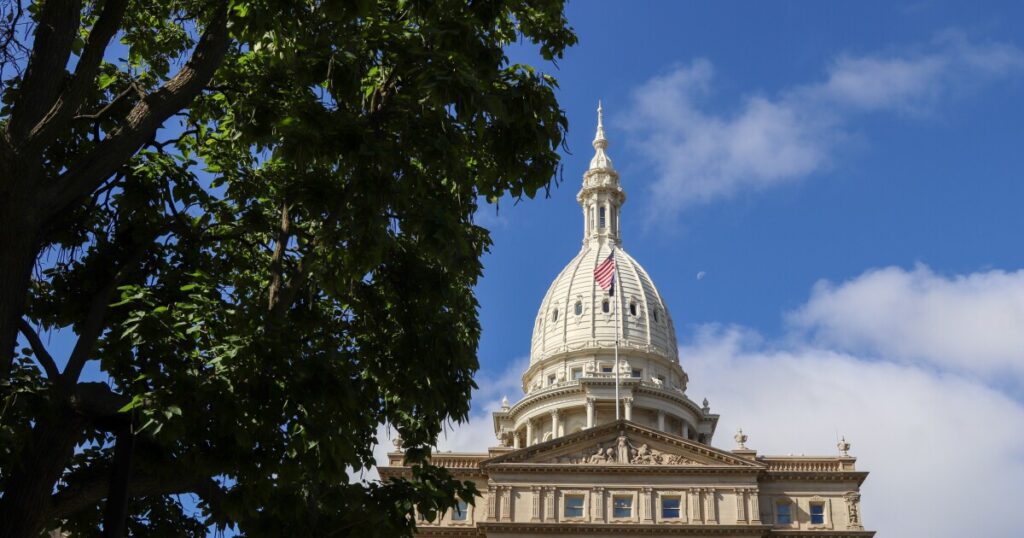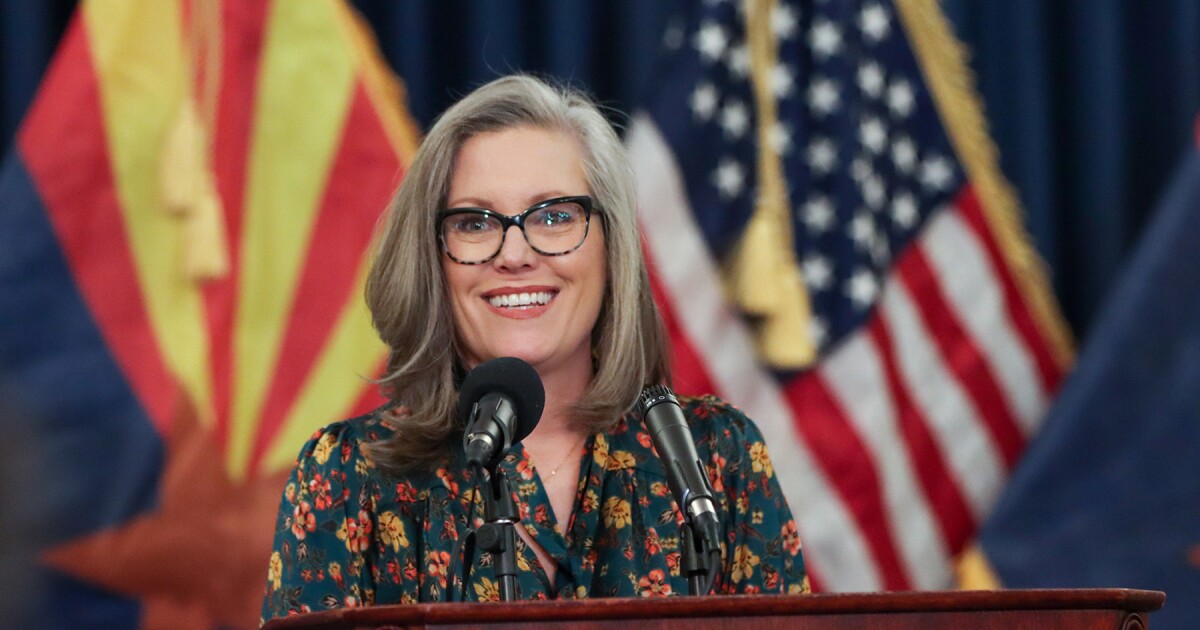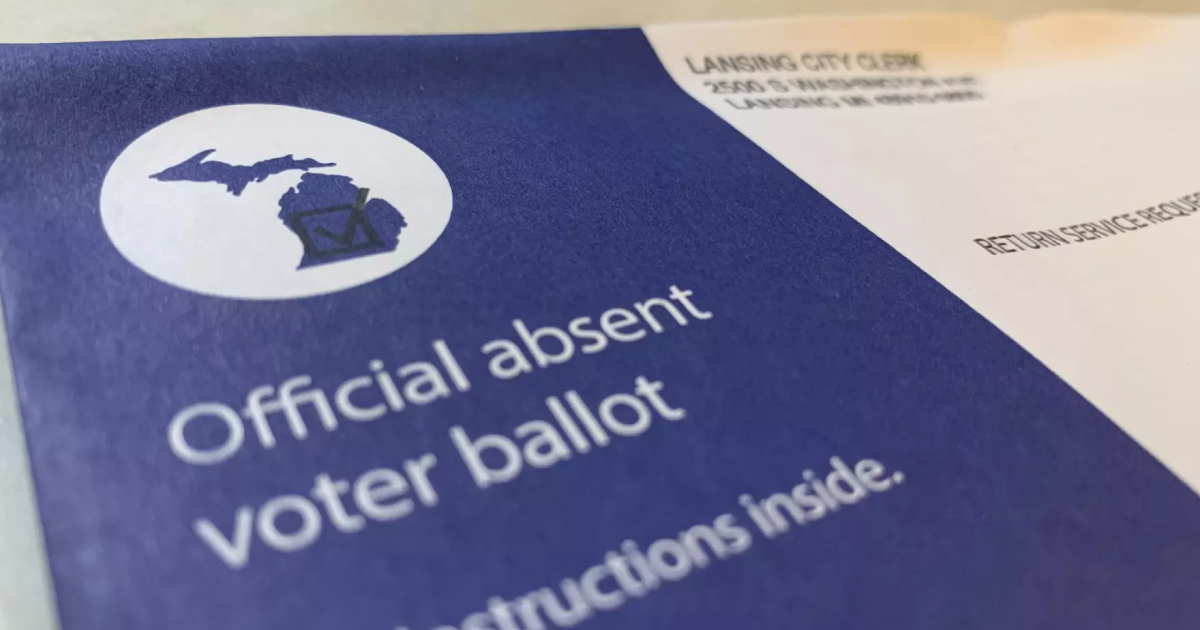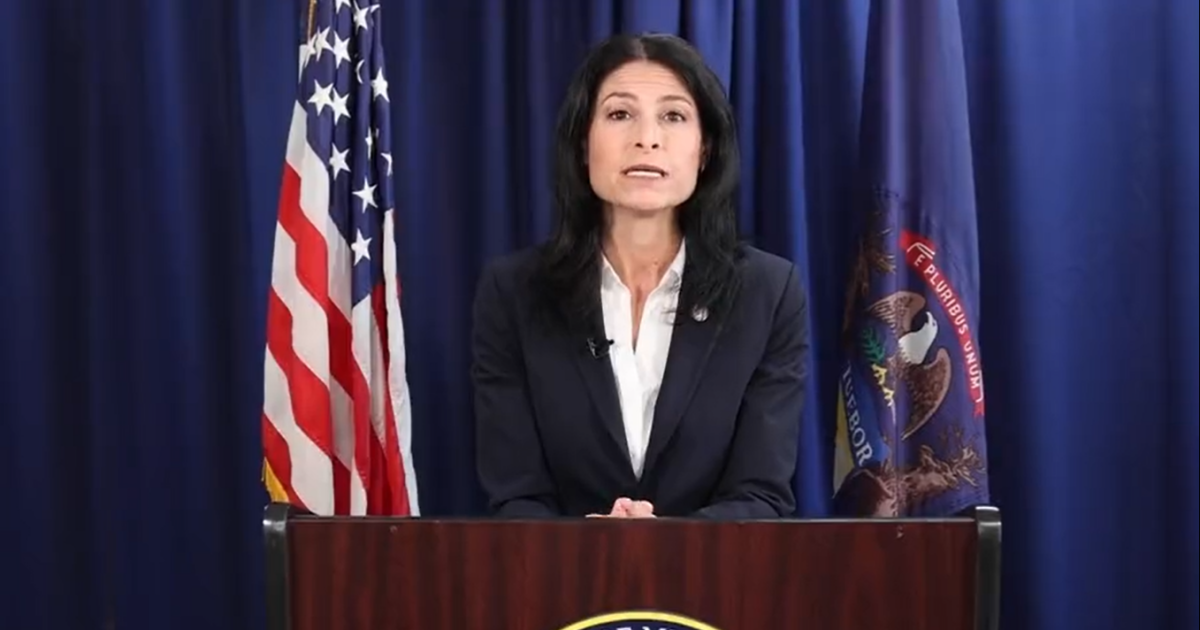Michigan Faces Potential Government Shutdown Amid Budget Dispute
In Lansing, a stalemate over budget negotiations is raising the specter of a government shutdown. With one deadline already missed, state lawmakers and Governor Gretchen Whitmer are racing against time to finalize a new budget.
Zach Gorchow of Gongwer News Service Michigan shared his insights on this impasse with Doug Tribou on Morning Edition, shedding light on the political dynamics at play.
Divided Legislature and Strategic Maneuvering
The Michigan Legislature is currently split, with the House under Republican Speaker Matt Hall and the Senate led by Democratic Senate Majority Leader Winnie Brinks, alongside Democratic Governor Whitmer. The Senate passed its budget proposal in May, while Republicans in the House are pushing for a new road funding plan, with details expected soon.
According to Gorchow, Speaker Hall’s strategy involves leveraging the differences between Senate Democrats and Governor Whitmer, potentially to his advantage. “He’s trying to ally with the governor and put a squeeze on the Senate Democrats,” Gorchow noted.
Political Blame and Shutdown Consequences
As the September deadline approaches, both Speaker Hall and Senator Brinks are positioning themselves to avoid blame for a potential shutdown. Governor Whitmer, meanwhile, has avoided direct criticism of Speaker Hall, focusing on her priority of securing long-term road funding.
“It does really feel like this is going to be a total game of brinksmanship going down to the wire.”
— Zach Gorchow, Gongwer News Service Michigan
If a shutdown occurs, the state would lose spending authority as of October 1. Governor Whitmer has some executive leeway, but many state services could halt without legislative and gubernatorial consensus on budget allocations.
Historical Context and Fiscal Year Mismatches
Michigan’s budget history under Governors Rick Snyder and Whitmer usually met the July 1 deadline, with the last miss in 2021. The previous shutdowns in 2007 and 2009 under Governor Granholm were brief but highlighted the high stakes of missing budget agreements.
Currently, Michigan’s state government operates on an October-September fiscal year, differing from most states and its own public school districts, which follow a July-June fiscal year. This discrepancy arose from past budget crises in the 1970s, creating ongoing fiscal challenges.
Looking Ahead
The House Republicans’ forthcoming budget proposal could pave the way for negotiations, offering a clearer picture of each party’s stance. Gorchow suggests that finding a middle ground is possible, emphasizing the numerical nature of budget decisions.
In a scenario reminiscent of past budgetary brinksmanship, Michigan’s leaders are navigating a complex political landscape to avert a shutdown and meet the state’s financial needs.
—
Read More Michigan News










